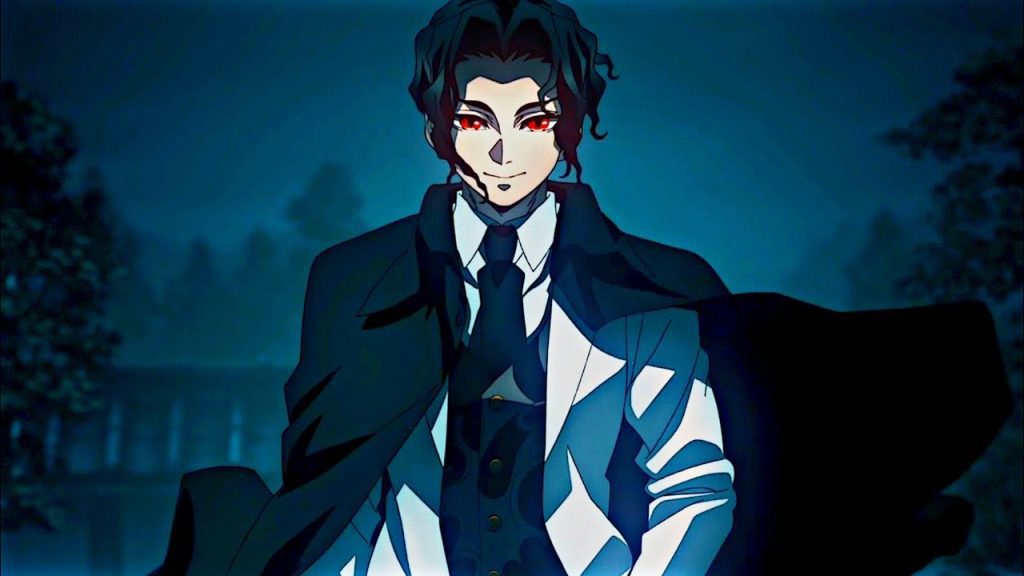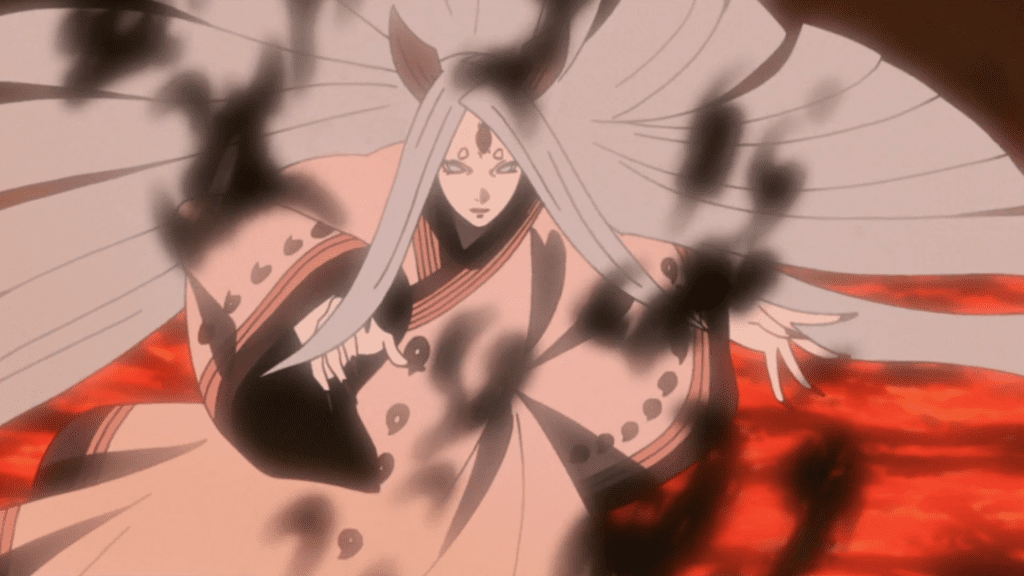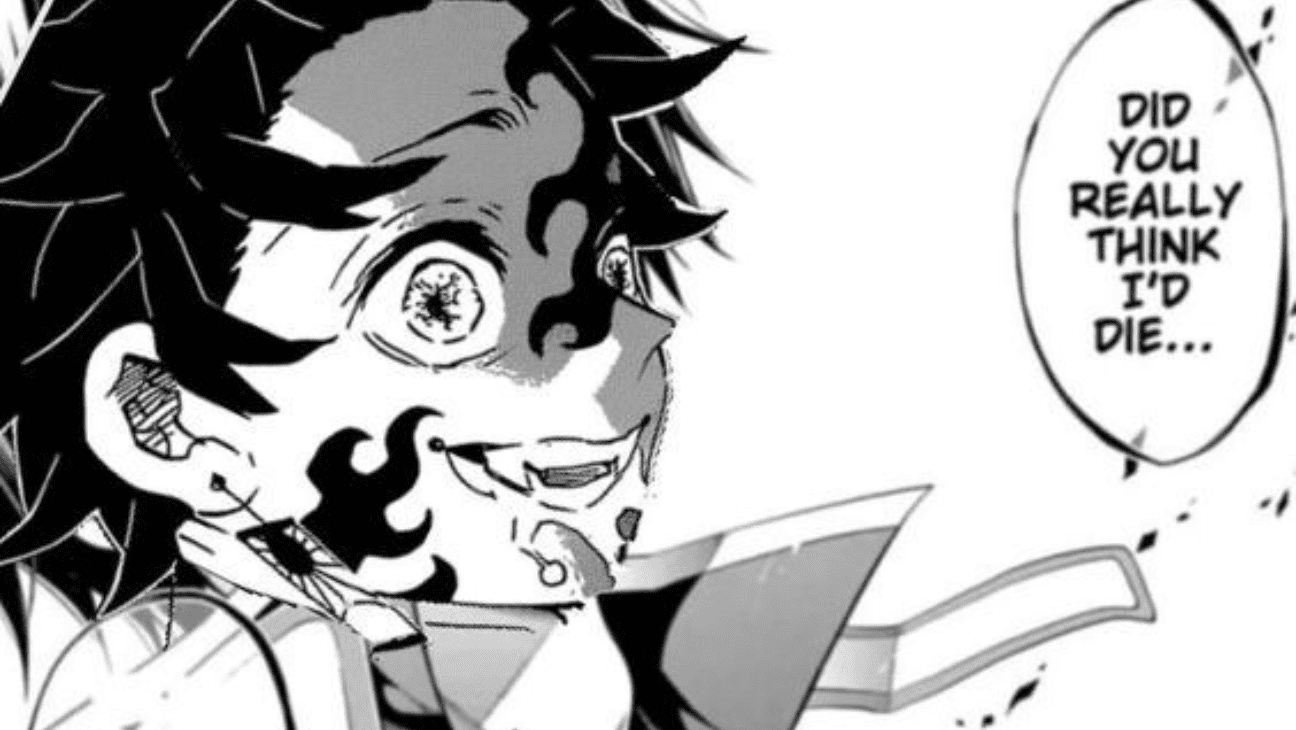Muzan Kibutsuji: The Main Antagonist of Kimetsu no Yaiba

From the very beginning, the enigmatic character of Muzan Kibutsuji has been crafted with a remarkable and powerful narrative arc. However, towards the conclusion of the Infinity Castle arc, the story takes a somewhat predictable turn, leading to an ending that resonates with fans in a way reminiscent of other prominent series such as Naruto and One Piece, featuring well-developed antagonists like Kaguya and Kaido.
Comparing Muzan with Kaguya and Kaido

Before the conclusion of Kimetsu no Yaiba, the title of the most prominent antagonist in Shonen typically belonged to Kaguya and Kaido. Even within the fandom, there has been much discourse on Kaguya, primarily focusing on her overwhelming chakra powers. She lacks personality, traditional traits, and a soul, serving merely as a flat character meant to instill boredom.
For many years, Uchiha Madara was developed as the ultimate antagonist of Naruto, culminating in a narrative that brought a satisfying conclusion. Following this, Kaguya Otsutsuki appeared and quickly overshadowed Madara, transforming into a powerful and final antagonist in the series.
In the case of Kaido from One Piece, he was constructed to stand alongside Doflamingo and Big Mom as formidable foes. However, in the end, he resembles a rather forgettable antagonist, easily overlooked once introduced.
Muzan, on the other hand, is intricately developed within Kimetsu no Yaiba. Unlike Kaguya and Kaido, Muzan stands out as the central antagonist throughout the series, making his narrative significance much greater.
Despite this, Gotouge has portrayed Muzan as a character lacking extraordinary powers, devoid of a distinct personality, and filled with numerous clichés, despite being over a thousand years old and meeting a rather unsatisfactory end.
The Ending of Kimetsu no Yaiba: Not the Best in Shonen Manga

Kimetsu no Yaiba is not the only anime series with a less-than-ideal conclusion. Before the final battle, Muzan had decided to convey his intentions and emotions to Tanjiro, with the hope that he would become the strongest Demon Slayer and eliminate all demons.
Fortunately, in the end, with the support of his companions and his own unwavering will, Tanjiro managed to overcome the darkness within himself, a journey that didn’t lead to any significant losses. The final confrontation with Muzan was marked by a rather anticlimactic resolution, as he was defeated without acknowledging the depth of his character.
Ultimately, a considerable amount of time went by, and the main characters were reborn as descendants of their former selves, with their struggles fading into obscurity.
This ending, while not leaving many fans satisfied, at least showcased Tanjiro’s strength against Muzan and answered many of the questions raised throughout the series.
In comparison to the endings of My Hero Academia or Jujutsu Kaisen, one might say that Tanjiro’s journey deserves more praise than what the creator of Kimetsu no Yaiba has received.





















